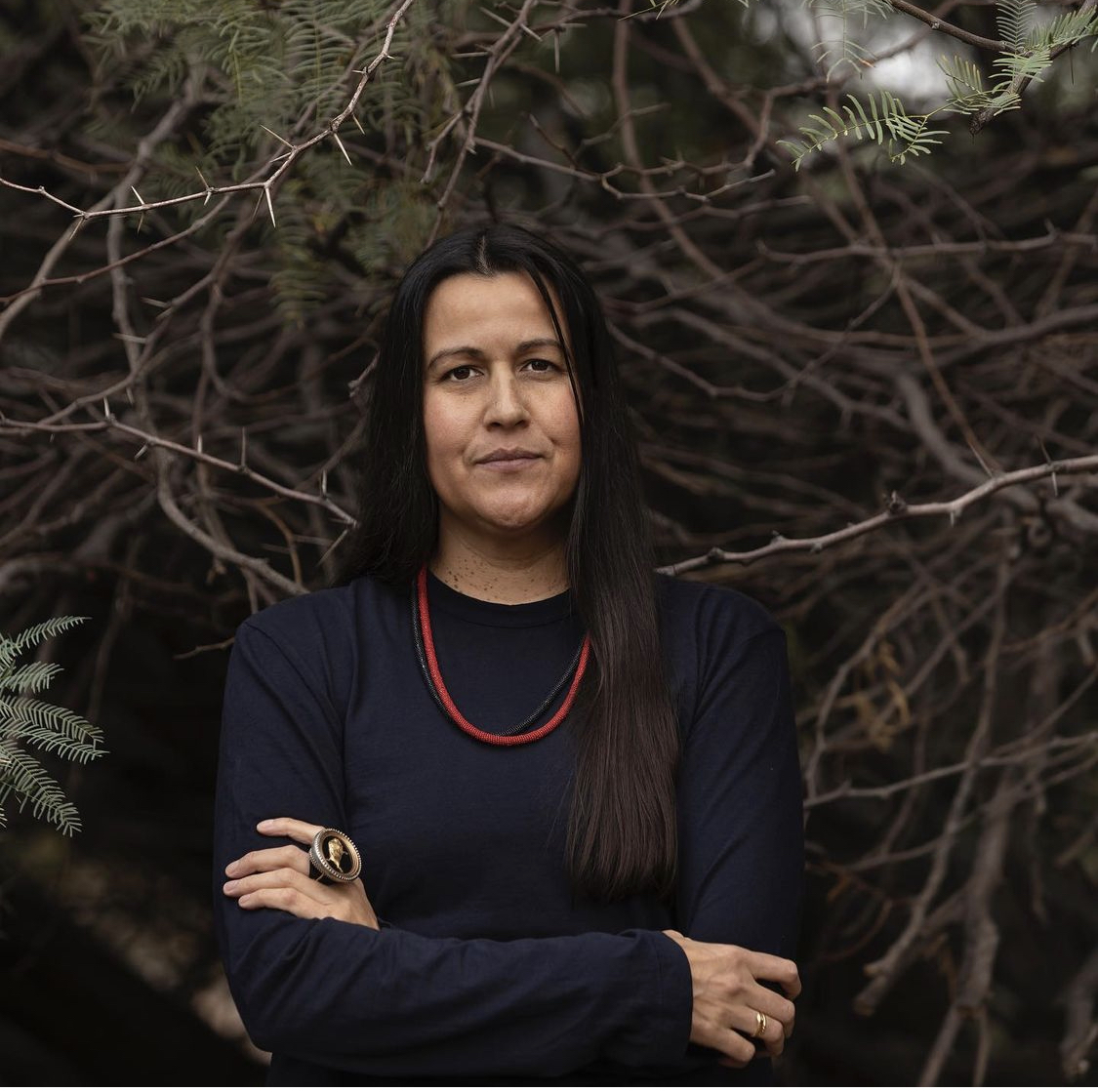Tips for Writing Short Poems
Writing a short poem involves several steps and techniques that can help you create a piece that is both expressive and engaging. Here’s a guide to help you through the process:
Step 1: Choose a Theme or Subject
Technique: Free Writing
Spend a few minutes writing down whatever comes to mind about the topic you’re interested in. Don’t worry about structure or rhyme at this stage; just let your thoughts flow.
Step 2: Determine the Form and Structure
Technique: Poetic Forms
Decide if you want to use a specific poetic form such as a haiku, sonnet, limerick, or free verse. Each form has its own rules regarding length, rhyme scheme, and meter.
Step 3: Brainstorm Imagery and Sensory Details
Technique: Sensory Description
Think about how to evoke the senses of sight, sound, smell, taste, and touch related to your theme. Write down vivid descriptions and metaphors that bring your subject to life.
Step 4: Create a Draft
Technique: Line Breaks and Enjambment
Start crafting your lines. Pay attention to where you break the lines, as this can affect the poem’s rhythm and emphasis. Use enjambment to create a sense of flow and continuation from one line to the next.
Step 5: Use Sound Devices
Technique: Alliteration, Assonance, and Consonance
Incorporate sound devices to add musicality to your poem. Alliteration (repetition of initial consonant sounds), assonance (repetition of vowel sounds), and consonance (repetition of consonant sounds) can enhance the auditory experience.
Step 6: Refine Your Word Choice
Technique: Thesaurus and Synonym Search
Look for stronger, more precise words to replace any that feel weak or vague. Consider the connotations and sounds of the words you choose.
Step 7: Edit for Conciseness and Clarity
Technique: Cutting and Condensing
Review your draft to eliminate any unnecessary words or lines that don’t contribute to the overall impact. Aim for clarity and brevity.
Step 8: Add a Title
Technique: Summarization
Choose a title that captures the essence of your poem. It should be intriguing and give some insight into the poem’s theme or mood.
STEP BY STEP BREAKDOWN
Theme: Autumn
Step 1: Free Writing
Leaves falling, crisp air, golden hues, change, nostalgia, preparation for winter.
Step 2: Poetic Form
Haiku (5-7-5 syllable structure)
Step 3: Sensory Description
Bright leaves, cool breeze, earthy scent, rustling sounds, the taste of spiced cider.
Step 4: Create a Draft
Golden leaves descend,
Whispers of a crisp cool breeze,
Earth prepares for sleep.
Step 5: Use Sound Devices
Golden leaves descend,
Whispers of a crisp cool breeze,
Winter’s breath to come.
Step 6: Refine Word Choice
Amber leaves descend,
Whispers of a chilled zephyr,
Winter’s breath arrives.
Step 7: Edit for Conciseness and Clarity
Amber leaves drift down,
Whispers of a chilled zephyr,
Winter’s breath arrives.
Step 8: Title
“Autumn’s Prelude”
Final Poem:
Autumn’s Prelude
Amber leaves drift down,
Whispers of a chilled zephyr,
Winter’s breath arrives.
By following these steps and techniques, you can create a concise and vivid poem that captures the essence of your chosen theme.
ENTER NOW. The Plaza Poetry Prize. Judge: Lachlan McKinnon. 1st Prize: £1000 (US$1250). Deadline: 3oth September 2024.








